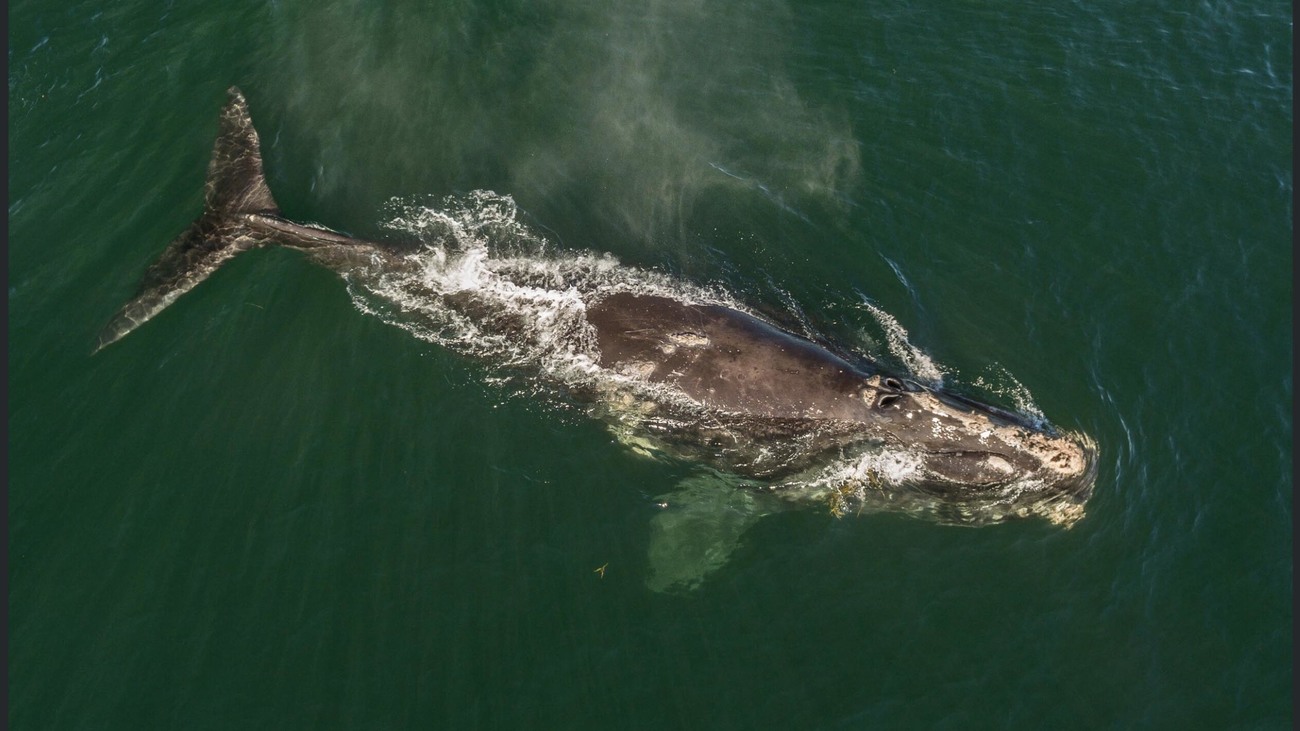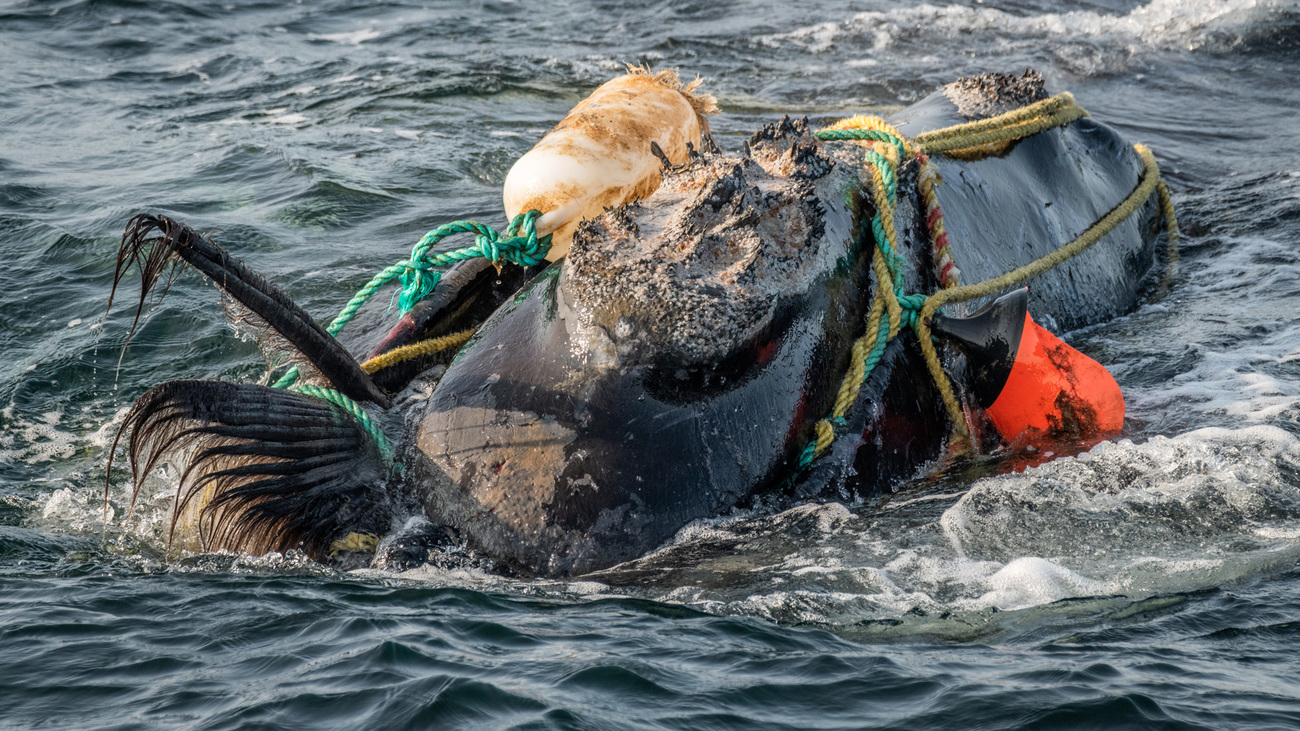Kathleen Collins
forging a future for the critically endangered North Atlantic right whale
forging a future for the critically endangered North Atlantic right whale

Though the veil between life and death separates all species, it is far thinner for some than others. Some species are under pressures so great, that the loss of even one individual reverberates across the population as a whole. Facing such a tipping point is the North Atlantic right whale, Eubalaena glacialis, an IUCN-designated critically endangered species teetering on the brink of extinction with only an estimated 336 individuals remaining, a cataclysmic decline from tens of thousands a century ago.
Driven to scarcity primarily from chronic entanglement in commercial fishing gear and vessel collisions, the remaining population, of which fewer than 100 are breeding females, continues its push for survival. Following migratory routes from New England and Canada to the coasts of Georgia and Florida, mothers and calves maneuver through industrial waterways dense with shipping traffic and an estimated one million commercial vertical fishing lines in the water column.
Research between 2003 and 2018 found that for right whale death cases where cause of death could be definitively determined, nearly 90% were due to entanglement in fishing gear and vessel collisions. A staggering 50 right whales have died or are presumed to have died in U.S. and Canadian waters since 2017, with dismal new population estimates revealing the lowest count in 20 years and an urgent wake-up call for action.

Collaboration on all fronts to save the right whale
Since 2019, the International Fund for Animal Welfare (IFAW) has collaborated alongside the fishing industry, scientists, legislators, and technology manufacturers to pursue, test, and perfect the implementation of whale-safe gear. Dubbed "ropeless gear", the removal of vertical rope lines from fishing gear can literally clear the way for the right whale, reducing entanglements. Alongside advocating for maritime regulations that would expand existing speed restrictions and alter shipping lanes to reduce vessel collisions, IFAW supports critical legislation including the SAVE Right Whales Act to help provide funding for technological solutions.
IFAW brings all parties to the table in the search for a long-term solution. From industry to legislators to non-profits and consumers, proactive action is coordinated on multiple fronts to promote stewardship of a species that benefits us all. This includes educating consumers about the existence of safer fishing practices and advocating for whale-friendly seafood. In essence, we are builders of solutions.
Critical role in the ocean ecosystem
Not only do right whales represent an iconic species, they are also play a critical role in marine ecosystems by transferring nutrients that enhance phytoplankton productivity (the baseline of the ocean food chain). They contribute to the ocean’s carbon sequestration through storing carbon in their bodies. Their conservation is thus critical to both the ecosystem and for broader humanity as well, in addition to the immense cultural importance of a species that has accompanied our society for centuries.
Through this collaborative and multi-pronged approach, IFAW is facing headfirst one of the most pressing conservation challenges of our time. The support offered by the IUCN Save Our Species program is a fundamental building block in the framework to save this species, removing it from its current path towards extinction and placing it on a path towards recovery.
-Kathleen Collins, IFAW Marine Campaign Manager
Disclaimer: This project is co-funded by IUCN Save Our Species. Its contents are the sole responsibility of IFAW and do not necessarily reflect the views of IUCN.
Related content
every problem has a solution, every solution needs support.
The problems we face are urgent, complicated, and resistant to change. Real solutions demand creativity, hard work, and involvement from people like you.